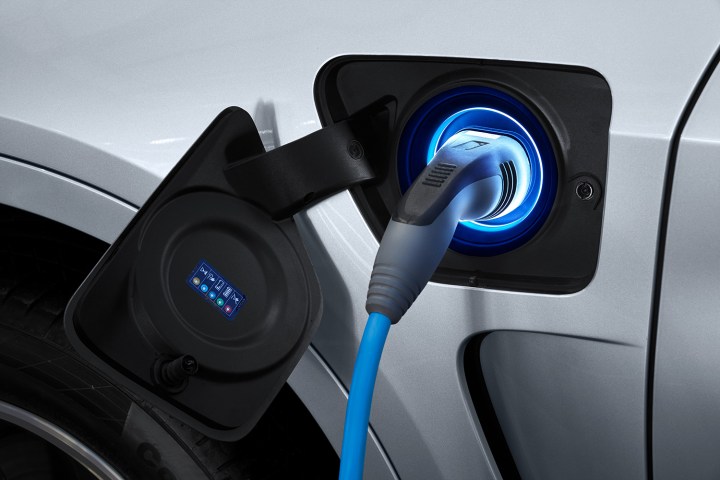
Together with states, cities and municipalities, utility companies, automotive industry companies, change agencies, and investment companies, the federal government has pledged to establish 48 national electric vehicle charging corridors on U.S. highways. The goal is to ensure U.S. electric vehicle drivers can access charging stations at home, at work, and when traveling.
Several goals in support of the administration’s commitment were announced today.
The U.S. Department of Transportation (DOT) is designating the 48 charging corridors that cover almost 25,000 miles on 55 interstate highways in 35 states plus the District of Columbia. Already 28 states, localities, and private sector companies are on board with the DOT charging corridor plans and will work to accelerate the deployment.
As of today 24 state and local governments and the federal government have committed to increase the procurement of electric vehicles for their own fleets.
The U.S. Department of Energy (DOE) will participate in evaluating optimal electric vehicle charging deployment scenarios within and possibly in addition to the DOT charging corridors. The DOE is currently running two studies in the deployment evaluation.
Thirty-eight additional businesses, nonprofits, universities, and utility companies are joining the DOE’s Workplace Charging Challenge. With this challenge, the entities commit to providing electric vehicle charging infrastructure and access for their workers.
Since 2008 plug-in EV models have increased from one to more than 20 while EV battery costs have dropped 70 percent. In that same time, the U.S. has seen a 40-fold increase in EV charging stations, from 500 in 2008 to more than 16,000 today. These increases are significant, but as the White House stated, “there is more work to do.”
One measure of the planned charging infrastructure deployment is that drivers in the designated corridors will be able to find either existing or planned charging stations every 50 miles.
BMW, General Motors, and Nissan are among the private sector companies listed in support of today’s White House announcement and actions. Surprisingly Tesla and Faraday Future, the only two EV-only automakers in the U.S., were not on the initial list.
Editors' Recommendations
- White House unveils 31 U.S. tech hubs to boost industry
- Toyota announces site for its first U.S. battery plant
- Google Maps makes it easier to find EV charging stations via plug type
- Senator Schumer proposes a bold plan to move the U.S. to EVs
- Volta is building a free electric car fast-charging network. No, really




